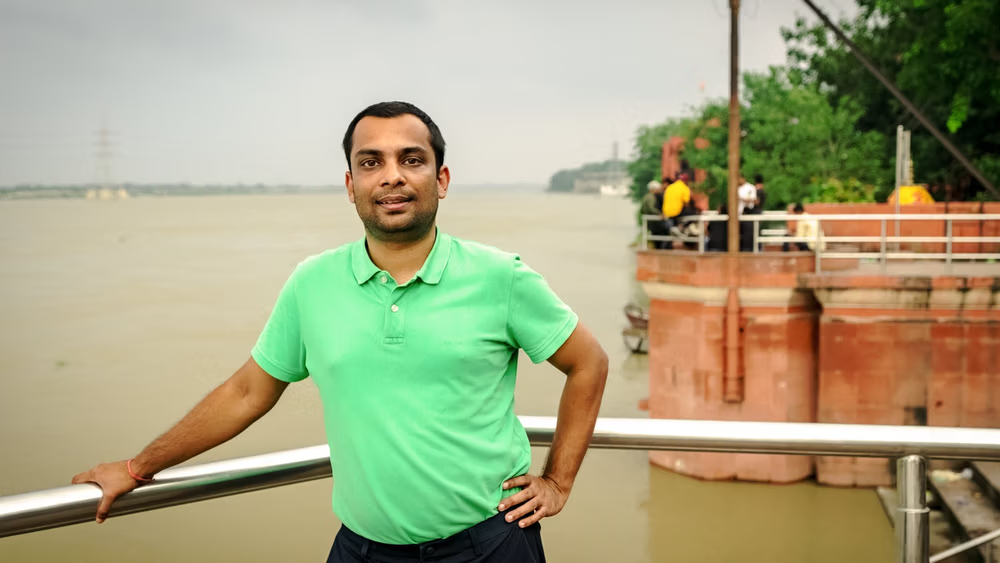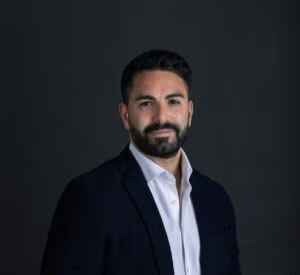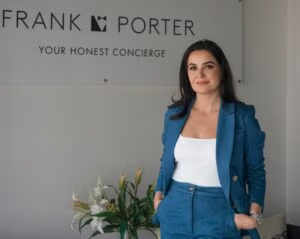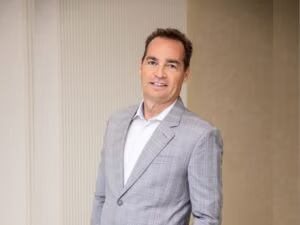Welcome to The Finance 360’s Founders Spotlight, where we delve into the extraordinary journeys of individuals who are not just building businesses but reshaping industries and driving impactful change. Today, we turn our gaze to Ankit Agarwal, the visionary behind Phool.co. This Indian biomaterials startup is turning sacred floral waste into sustainable wealth, one blossom at a time.
For Ankit Agarwal, the Ganges River was more than a sacred waterway; it was a stark symbol of environmental crisis. In 2017, the automation scientist witnessed local temples routinely dumping pesticide-laden floral waste, inadvertently poisoning the river. This profound waste spurred Agarwal to seek an innovative solution.
The Genesis of “Flowercycling”
Driven by a dual mission to purify the Ganges and monetize overlooked waste, Agarwal, alongside co-founder Prateek Kumar, established Phool.co in 2017. Their initial venture, ‘flowercycling,’ transformed discarded flowers into charcoal-free incense sticks and cones, quickly gaining traction for their environmental and spiritual benefits.
The Accidental Revelation: Fleather
However, the true game-changer for Phool.co emerged not from deliberate design, but from serendipitous discovery. As the team processed the floral waste, a thick, mat-like substance began to grow over the unused fibers lying on their factory floor. This accidental biomaterial, they soon realized, possessed remarkable properties. It could be engineered into a sustainable, cruelty-free alternative to environmentally damaging animal and plastic leather. They named this revolutionary material “Fleather.”
Fleather, a portmanteau of “flower” and “leather,” marked a pivotal moment. It offered a breathable, tensile, and commercially viable vegan alternative to traditional leather, positioning Phool.co to disrupt the vast global leather goods industry.
Scaling Impact: Environmental, Social, and Economic
Since this discovery, Phool.co’s impact has blossomed. The company has collected over 13,000 tonnes of floral waste, diverting it from waterways and landfills. Today, they produce approximately 90 square feet of Fleather daily, a testament to their scaling capabilities.
Beyond its environmental mission, Phool.co is a powerful social enterprise. The company provides dignified employment opportunities for a marginalized community, primarily employing over 163 female ‘flowercyclers’ from the marginalized caste. These women, who previously faced significant social and economic barriers, now have stable livelihoods, access to financial independence, and a renewed sense of purpose. Agarwal envisions expanding this social impact, with aspirations to employ as many as 5,000 individuals in the future.
The company’s innovative approach has garnered significant recognition, including the 2018 World Changing Idea Award, the Unilever Young Entrepreneur Award, and PETA’s Best Innovation Award. Fleather itself received the BIRAC Innovator Award in 2021 and was a finalist for Prince William’s prestigious Earthshot Prize in 2022, solidifying its global standing in sustainable innovation.
Business Growth and Future Horizons
Phool.co’s model, blending purpose with profitability, has attracted significant capital. The company has secured $12.7 million across nine funding rounds, including an $8 million Series A round in 2022, with investors such as Sixth Sense Ventures and Bollywood actor Alia Bhatt. Reporting revenues of $6.04 million as of March 2024, Phool.co exemplifies how sustainable business models can drive substantial financial success.
The company is actively supplying its sustainable leather alternative to major fashion giants, signaling a growing industry appetite for eco-friendly materials. Phool.co has also diversified its product portfolio to include “Florafoam,” a biodegradable alternative to thermocol, further expanding its circular economy initiatives. Ankit Agarwal’s journey from addressing a local environmental problem to building a globally recognized biomaterials company exemplifies the power of entrepreneurial vision, resilience, and a commitment to positive impact.






